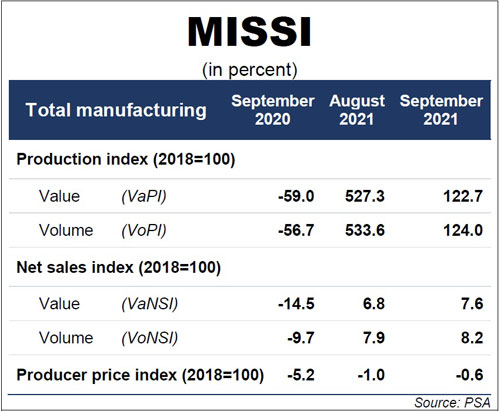Government negotiators assuaged concerns raised by advocates on the possible negative effects of the Regional Comprehensive Economic Cooperation (RCEP) on the country’s labor, health and agriculture sectors.
Officials of the Department of Trade and Industry (DTI) and the Department of Agriculture (DA) in a Senate hearing on the ratification by the Philippines of RCEP last week responded to the concerns raised by trade and health advocacy groups on the deal severely constraining policy space and the lack of consultations to effectively address labor issues, as well as ongoing health and economic crisis.
“While the RCEP Agreement does not have provisions on labor standards and practices, the Philippines and many of the RCEP parties remain signatories to the International Labour Organization Conventions that set out basic principles and rights at work. Parties will continue to have recourse under these relevant agreements. Also, emerging issues in trade such as labor can be discussed by the Committee on Sustainable Growth once the RCEP agreement is implemented,” said Allan Gepty, DTI assistant secretary and RCEP lead negotiator.
Gepty said the agreement recognizes the right of each party to regulate in pursuit of legitimate public welfare objectives.
“The policy space of each RCEP party to adopt and implement measures to protect public health is maintained,” Gepty said
Noel Padre, DA assistant secretary, said the Philippines was able to secure flexibility for agricultural products and improved market access for select products from RCEP partners such as Japan and Korea.
“The Philippines’ additional tariff lines committed is only marginal compared to what was already made under existing Asean Plus One FTAs (free trade agreements). The concessions we gained show higher market access improvements from trading partners such as Korea and Japan,” Padre said.
Gepty said the negotiating team has always been mindful of the sensitivities of the agriculture sector.
Gepty brushed aside statements on alleged lack of consultations saying the DTI conducted at least 19 consultations domestically and 14 regional engagements with RCEP countries as early as when negotiations started in 2013. This is in addition to the public hearings conducted by the Tariff Commission since 2015.
Trade and health advocacy groups questioned the merits of the country acceding to the Agreement.
DTI highlighted that RCEP provides a more advantageous arrangement by bringing together the established ASEAN+1 FTAs into a single framework with one set of simplified rules.
RCEP is the first regional trade Agreement that includes Asean, China, Japan, Korea, Australia, and New Zealand.
To-date, six Asean countries Brunei Darussalam, Cambodia, Lao PDR, Singapore, Thailand and Viet Nam, and four FTA Partners, namely: Australia, China, Japan and New Zealand, have deposited their respective anstruments of ratification/acceptance.
The RCEP agreement takes effect on Jan. 1, 2022. – Irma Isip





